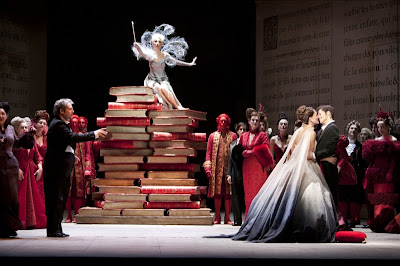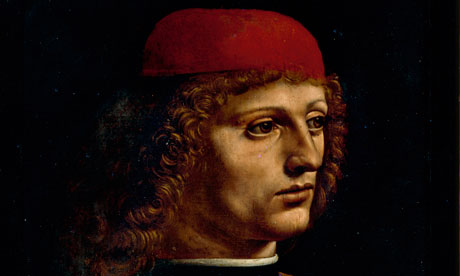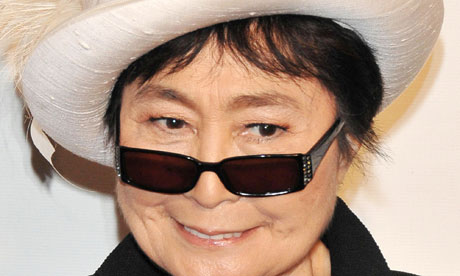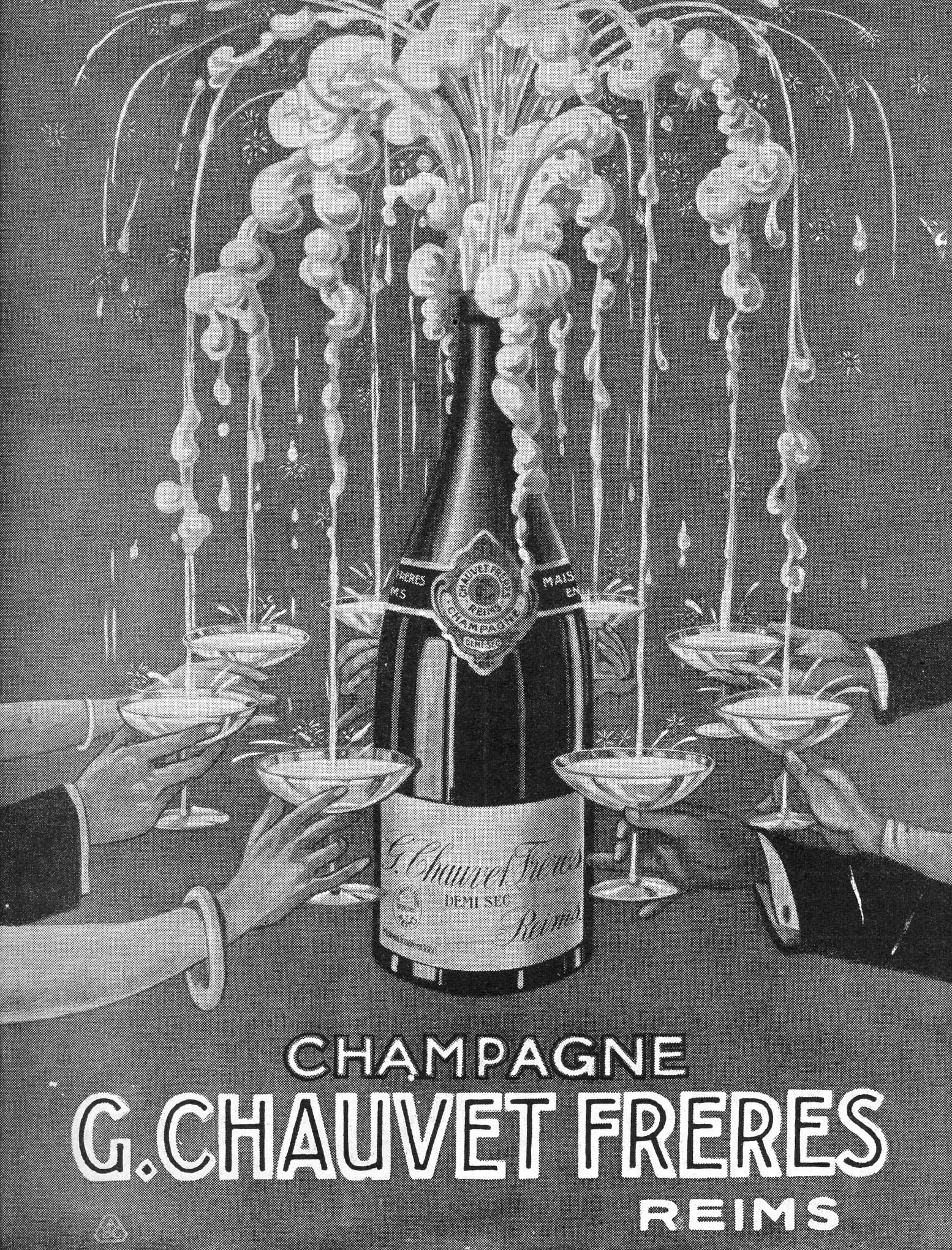Royal Opera House, Covent Garden
Hans Sachs – Wolfgang Koch
Walther von Stolzing – Simon O’Neill
Eva – Emma Bell
Sixtus Beckmesser – Peter Coleman-Wright
Veit Pogner – Sir John Tomlinson
David – Toby Spence
Magdalene – Heather Shipp
Kunz Vogelsang – Colin Judson
Konrad Nachtigall – Nicholas Folwell
Fritz Kothner – Donald Maxwell
Hermann Ortel – Jihoon Kim
Balthazar Zorn – Martyn Hill
Augustin Moser – Pablo Bemsch
Ulrich Eisslinger – Andrew Rees
Hans Foltz – Jeremy White
Hans Schwarz – Richard Wiegold
Nightwatchman – Robert Lloyd
Graham Vick (director)
Elaine Kidd (revival director)
Richard Hudson (designs)
Wolfgang Göbbel (lighting)
Ron Howell (movement)
Royal Opera Chorus (chorus master: Renato Balsadonna)
Orchestra of the Royal Opera House
Antonio Pappano (conductor)
Hans Sachs would be the first to counsel us of the dangers of extolling past achievements at the expense of the present. It is an apt warning in the case of Wagner, for whom great performances, whether recorded or in the theatre, sear themselves with into the memory with perhaps unusual tenacity, acting as Mastersinger-guardians of the imagination. That said, whilst we should all beware the tendency to act as Beckmesser or worse, not every newcomer proves to be a Stolzing. At a time of year when some midsummer warmth, even magic, could hardly be more welcome, glad tidings were, sadly, thin onstage or in the pit.
 |
| Walther (Simon O'Neill), Eva (Emma Bell), congregation |
This Marker has fond memories of Graham Vick’s production. It was the first he saw in the theatre, in 2000 and again in 2002; it seemed so full of joy and good humour; above all, it provided a seemingly perfect backdrop for the unforgettable greatness of Bernard Haitink’s conducting. (Mark Wigglesworth was far from put to shame in 2002.) Now, alas, it looks tired: there are few cases of production styles failing to date; in this, as in so much else, Patrice Chéreau’s Ring offers a near-miraculous exception. The evocation of Nuremberg in Richard Hudson’s sets seems as much of its time as John Major’s ‘Back to Basics’ (not that David Cameron seems to have noticed). Where once one saw Breugel, now one registers the lack of darkness in a work every bit as Schopenhauerian as Tristan und Isolde. What once was joyous now seems evasive. The ‘amusing’ antics of the apprentices now merely irritate. Time has passed, yes, but a good part of the problem seems to be the revival direction. Perhaps matters would have been different had Vick himself returned, but there seems to be precious little to Elaine Kidd’s direction beyond having singers don their costumes and sing: it resembles a repertory production in a provincial house rather than a performance on one of the world’s great stages. Oddly, the chorus often seems better directed than the singers. As for the codpieces, it would be an act of charity for all concerned to consign them to the dustbin of history.
 |
| Beckmesser (Peter Coleman-Wright) attempting to sing the Prize Song |
The contrast becomes all the more glaring, however, when one turns to the Old Master, Haitink. Though Tristan was his final production as Music Director of the Royal Opera, he chose the final scenes of Die Meistersinger as the culmination of his gala farewell to Covent Garden. Indeed, there is perhaps no opera more strongly associated with him. It was a great privilege to receive one’s theatrical baptism from him, though Christian Thielemann at Bayreuth, just a few months later in 2000, also lingers in the memory. Where, under Haitink, the Orchestra of the Royal Opera House sounded every inch a rival to Bayreuth, Vienna, or Dresden, here too much was lacklustre. The horns too often found themselves all over the place; woodwind were untidy; strings and brass lacked bloom. More seriously, Antonio Pappano’s direction failed to probe. Where every line should not only glow but take its place in vital counterpoint with every other, the work emerging almost as if an enormous Bach fugue, this reading remained very much on surface. The Prelude to the first act lacked any distinguishing feature beyond a strangely prominent tuba line: that extraordinary moment of recapitulatory arrival, heralded by adorable triangle, went for nothing. It is not a matter of speed as such, for the act managed both to sound hard-driven and well-nigh interminable. To follow and to guide the Wagnerian melos is no easy task, but when one has heard Haitink, or Thielemann for that matter, Wagner as soft-focus Verdi will not pass muster. There were better passages: the music following ‘Merkwürd’ger Fall!’ was nicely characterised, though it did not arise as it should from what had gone before, nor did it lead where it must. Even the third act, better in a good few respects, suffered from a Prelude that was merely slow: again, speed, or lack thereof, does not equal profundity. The strings now played beautifully, but it was the wrong kind of beauty, the shimmering more akin to the third act of La traviata. The closing bars were not, admittedly, helped by premature applause – surely the music is loud enough to enable one to hear when it has finished – but Pappano harried them so as to sound inconsequential; I have never heard the final chord register in so perfunctory a fashion.
 |
| Apprentices, David (Toby Spence), Walther |
Save for a generally strong performance from the chorus – as usual, Renato Balsadonna had both learned and conveyed his lessons well – and from Toby Spence as David, there was little vocally to lift the spirits. Even Spence had the occasional moment of crooning, but his was otherwise an alert, carefully shaded reading, which married tone and word as his character outlines. The contrast with Simon O’Neill’s Walther was, to put it mildly, stark, nowhere more so than in the Quintet, where O’Neill stood out like a pneumatic drill. The unpleasant, metallic sound of his voice rendered the Prize Song more of a trial song – and for the first time made me think the naysayers might have it right: do we simply hear that music too often? You do not have to be Sándor Kónya, but it undeniably helps. Where Spence used, indeed relished, Wagner’s language, O’Neill seemed uncertain as to what it meant; maybe the words were not learned by rote, but that was how it sounded. Emma Bell’s intonation was variable as Eva: again, the beginning of the quintet was a glaring casualty. Too often, her delivery was blowsy; the best one could say was that she looked good in a white dress. Peter Coleman-Wright’s Beckmesser sounded and often looked over the hill: a comparison with Sir Thomas Allen for Haitink goes beyond unfortunate. Even Sir John Tomlinson, who sang Sachs in 2000, was out of sorts, loud and yet threadbare as Pogner. This was an instance too far of all-purpose raving and bluster: it was as if Bluebeard, or at a pinch, Wotan, had wandered in from another performance entirely. Wolfgang Koch was a musical, verbally attentive Sachs, but his voice sounded at least one degree too small for the theatre. Midsummer, as so often in this country, was postponed until another year.
Boulezian: Die Meistersinger von Nürnberg, Royal Opera, 19 December 2011

















